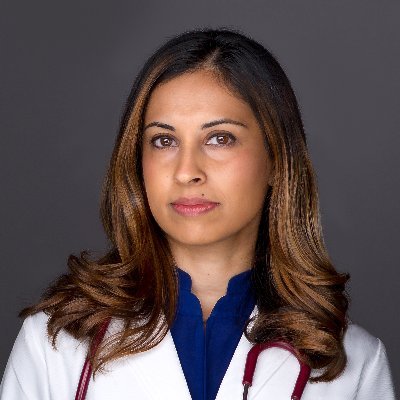Why Found physicians use “off label” medication for weight care
WRITTEN BY: REKHA KUMAR, MD, MS, HEAD OF MEDICAL AFFAIRS | EDITED BY: KRISTEEN WARD
A question we get a lot is: Why don’t I recognize the names of the medications my Found doctor is prescribing me? And hey, you’re smart to ask about anything that’s going into your body.
The reason is that Found tries to prescribe generic forms of drugs approved by the U.S. Food and Drug Administration (FDA) for chronic weight management—such as anti-obesity medication or AOMs. The brand-name versions of some popular AOMs for long-term use—Orlistat, Qsymia, Contrave, Saxenda, and Wegovy—and a few others that are approved for short-term use, for example, typically come with a big price tag.
Plus, insurance coverage remains poor for most brand medicines, leading many obesity specialists to prescribe generic components that allow expanded access to treatment for their patients.
Is there a difference?
Prescribing the generic components means that an obesity medicine specialist is prescribing "off label" or “off patent.” But that doesn’t mean that the drugs aren’t safe or tested—they’re simply not branded for weight loss. These medications still meet the FDA requirements of containing the active ingredient found in previously approved medicine, according to recent research.
When doctors do prescribe off-label, they match the doses to be as close as possible to the branded version, or they might opt to choose a dose that’s slightly different based on what’s safest for a patient.
Are "off-label" medications safe?
Yes. These medicines are subject to rigorous testing and must pass strict federal standards. And the FDA states that, "a generic medicine works in the same way and provides the same clinical benefit as the brand-name medicine." In other words, the same benefits and risks of approved-use medications apply to off-label ones. Your Found doctor will be sure to go over all of these details with you. Your program is personalized and individualized to you, and all medications are used in the most secure way possible.
The FDA also performs rigorous testing on all generic medicines that must pass strict standards, and, according to Harvard Health Publishing, "there is really no hard proof at this point that generic medications are any less effective or safe than the originals. These drugs are heavily regulated, which can give you some assurances about quality."
Why am I being prescribed medication at all?
Often, our members have tried many other ways to lose weight besides medication—diet, exercise, managing stress, and improving their sleep. And those things are all important to keep up with! But different doses or combinations of AOMs can help with long-term weight loss success.
Found approaches weight care comprehensively, and this can be an important piece of the puzzle. The goal is to maintain longevity and success in your weight care, in addition to lifestyle and behavior modifications like coaching, improved sleep schedules, movement, nutrition, and stress management. Medications can also help. Similar to being on medications for diabetes or high blood pressure, you don't stop when you feel better—you keep going to sustain your health!
Take some time to log your meals, movement, and other dailies in the app to track your progress. It gives you time to reflect, and science shows it supports your success.

About Rekha Kumar, MD, MS, Head of Medical Affairs
Rekha Kumar, MD, MS, is the head of medical affairs at Found. She is a practicing endocrinologist who specializes in treating patients with obesity.
SOURCES
Dunne SS, Dunne CP. What do people really think of generic medicines? A systematic review and critical appraisal of literature on stakeholder perceptions of generic drugs. BMC Med. 2015;13:173. Published 2015 Jul 29.
Harvard Health Publishing. (2021, February 12). Do generic drugs compromise quality? Harvard Medical School.
U.S. Food and Drug Administration. (2021, March 16). Generic Drugs: Questions and Answers.


